A Sociology of Post-Imperial Constitutions
Covering the period from the eighteenth century to the present, A Sociology of Post-Imperial Constitutions combines global history and historical legal sociology to explain how democratic constitutions were created by imperialism and military policies related to imperialism. It challenges common views about the relation between democracy and peace, examining how, in different locations and different periods, the constitutional ordering of citizenship both reflected and perpetuated warfare. It also isolates the features of constitutional systems that have been successful in obviating military violence, separating democracy from its military origins. It discusses how the emergence of democratic government after 1945 depended on a dialectical transformation of the war/law nexus in constitutional rule. It then assesses ways in which, and the reasons why, many contemporary constitutions have begun to remilitarize their societies and to rearticulate military constructs of legitimacy.
- Uses a global-historical lens to show how constitutions developed in the context of imperialism
- Challenges standard accounts of the relation between democracy and war
- Contains normative suggestions for insulating constitutional rule against violence
Product details
December 2024Hardback
9781316513941
580 pages
236 × 160 × 34 mm
0.984kg
Available
Table of Contents
- 1. Imperialism and the origins of constitutions
- 2. Constitutions and the persistence of empires
- 3. Imperialism and global civil war
- 4. Imperial nations in the Iberian region
- 5. Military constitutions in and after the Ottoman empire
- 6. World law and occupation constitutions
- 7. The occupation constitution II: changing security constitutions
- 8. The occupation constitution III: constitutions without war
- 9. Constitutions after war
- 10. New security constitutions.

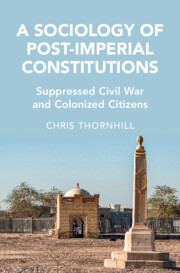
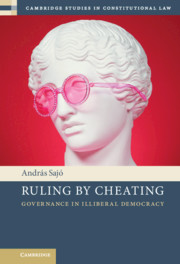
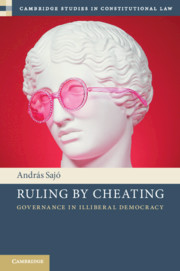
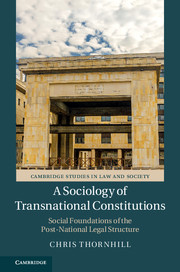
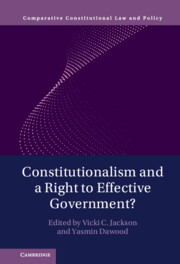

.jpg)